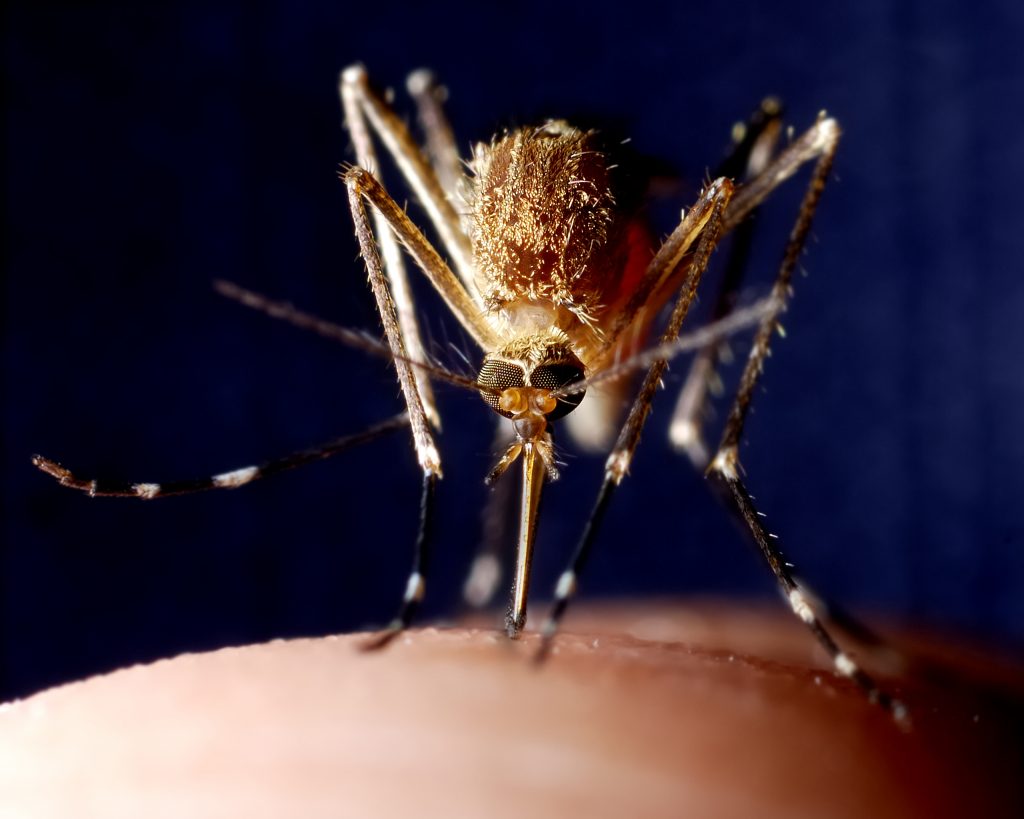In a fascinating interplay of biology and microbiology, researchers at Pennsylvania State University have illuminated the intricate mechanism by which a common bacteria, Wolbachia, and the virus it carries manipulate insect sperm, potentially leading to sterility. This groundbreaking discovery, detailed in a study published in the journal Science, sheds light on a previously enigmatic process and holds promise for refining techniques to control disease vectors and agricultural pests.
Wolbachia, ubiquitous in approximately 50% of insect species, orchestrates a cunning strategy to ensure its propagation. When a male insect carrying Wolbachia mates with a female lacking the bacteria, the resulting sperm become lethal to fertilized eggs, thereby favoring the transmission of Wolbachia to subsequent generations. This microbial partnership has profound implications for population dynamics and disease transmission, making it a focal point for scientific inquiry and pest management strategies.
Professor Seth Bordenstein, one of the study’s leaders, explains, “Wolbachia’s ability to manipulate sperm is truly remarkable, driven by genes inherited from a virus called prophage WO. These genes encode proteins—cifA and cifB—that exert precise control over sperm development, ultimately influencing the reproductive success of infected insects.”
Central to this manipulation is the disruption of sperm development, particularly during a critical phase when the sperm undergoes a transformation essential for fertilization. The researchers uncovered that Wolbachia’s prophage WO genes interfere with this transformation, impeding sperm viability and fertility. Importantly, this manipulation extends beyond the insect realm, offering insights into male sterility challenges in humans.
Assistant Research Professor Rupinder Kaur, co-leader of the research team, elucidates, “Wolbachia and its viral cargo hijack sperm development by targeting long non-coding RNA molecules, which play a pivotal role in regulating gene expression. By cleaving these messenger molecules, the virus proteins disrupt sperm development at its core, rendering the insects sterile.”
The implications of this discovery are profound, transcending insect biology to offer potential solutions for human infertility and disease control. Moreover, the study underscores the urgent need for refined strategies to mitigate the impact of climate change on biodiversity and public health.
Professor Bordenstein emphasizes, “As humanity grapples with the dual crises of climate change and emerging infectious diseases, understanding the intricate dynamics between microbes and their hosts is paramount. By unraveling the mysteries of Wolbachia-mediated sperm manipulation, we pave the way for innovative approaches to pest control and disease prevention.”
Indeed, the insights gleaned from this study have far-reaching implications, offering a glimpse into the intricate dance between microbes and their hosts. As scientists continue to unravel the mysteries of the natural world, discoveries such as these illuminate the path towards a more sustainable and resilient future for all species.
